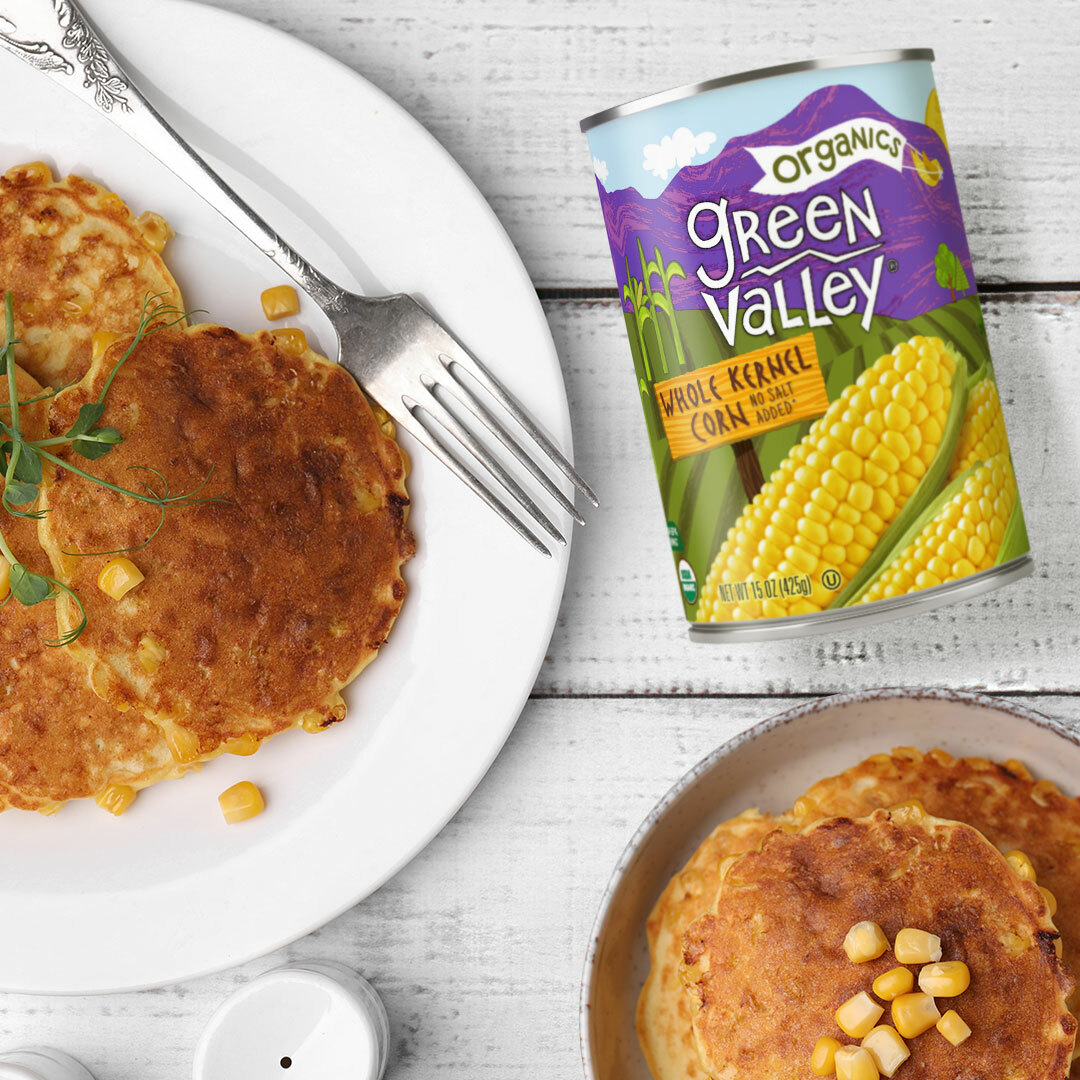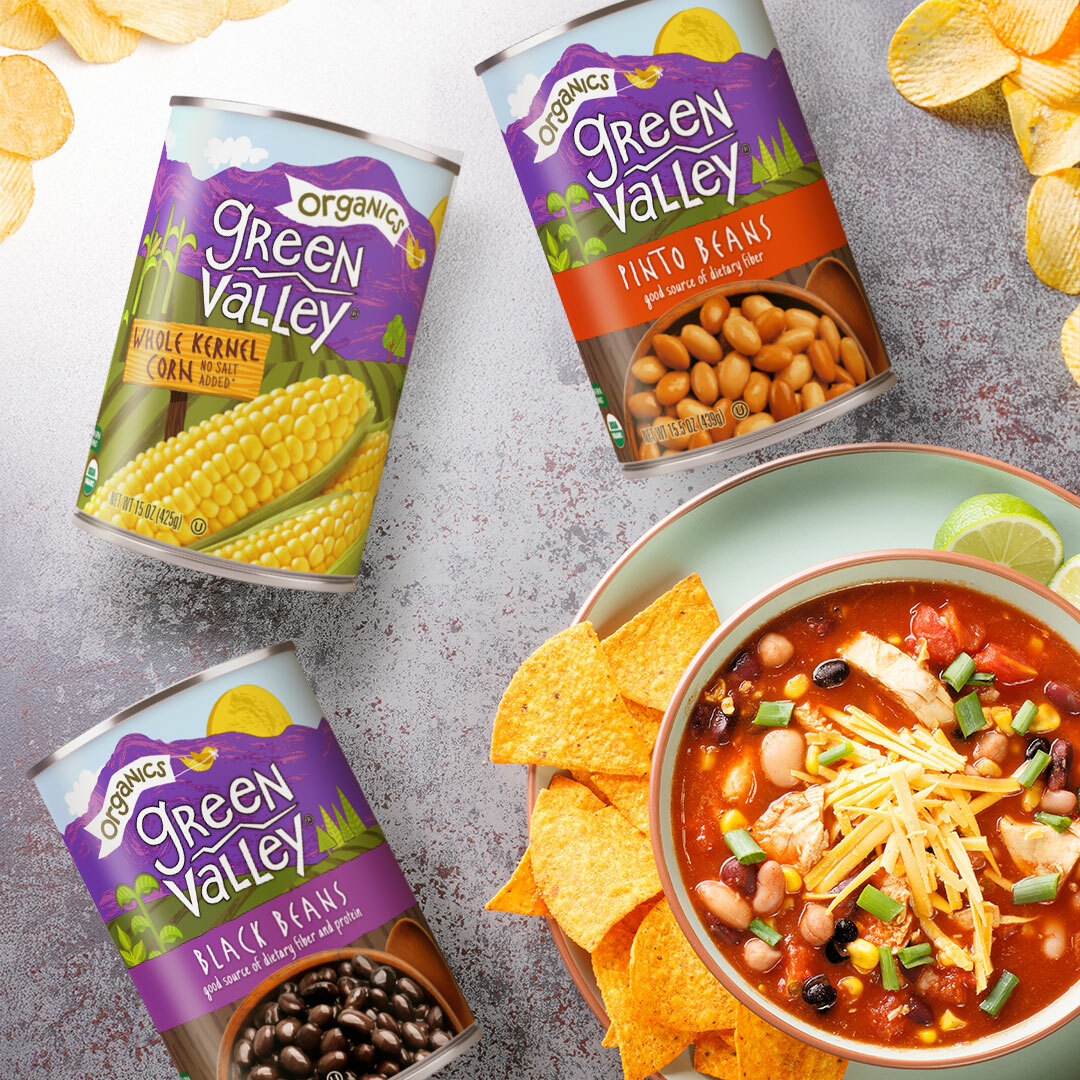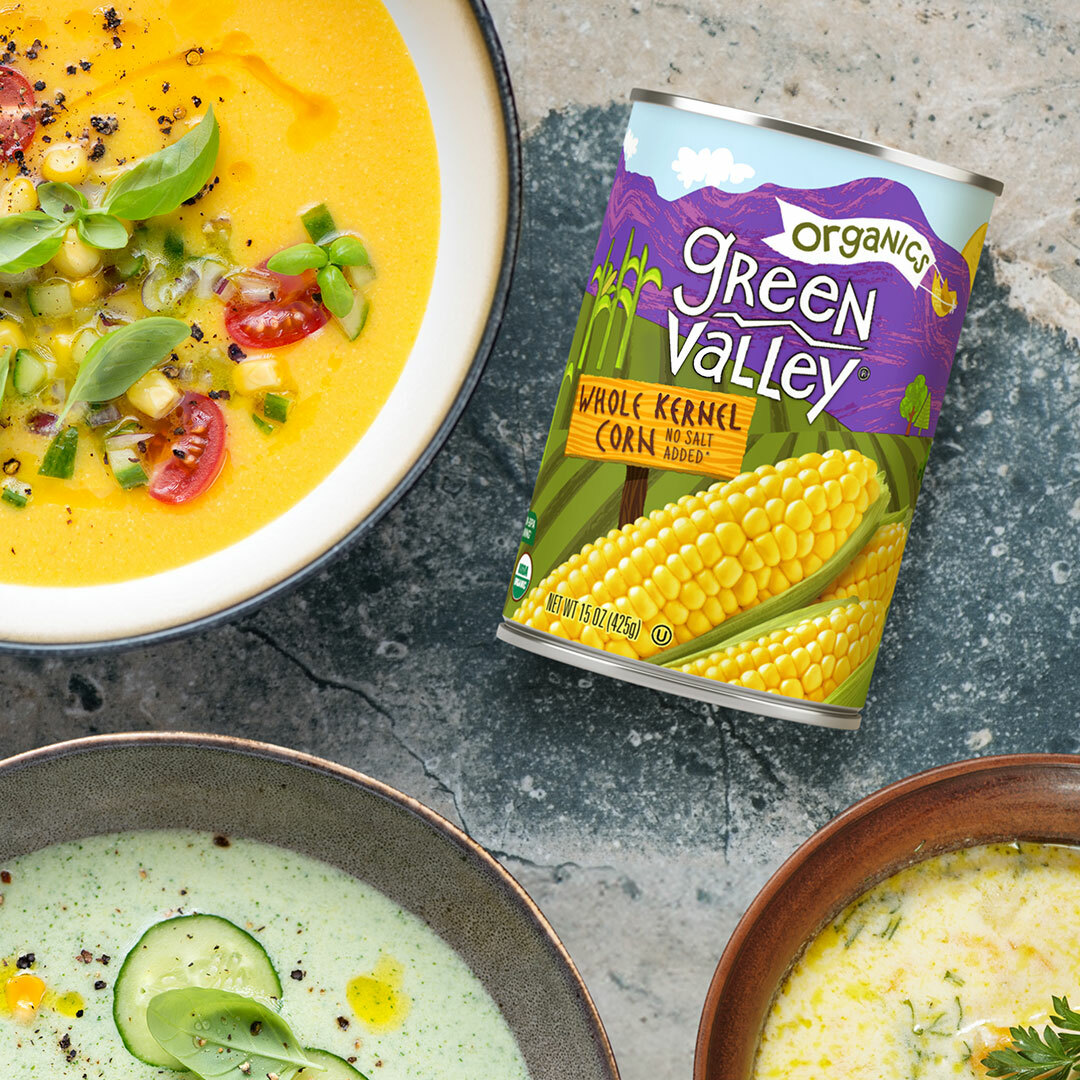Sustainability continues to be of heightened importance as we continue to find new ways to lead healthier, more eco-friendly lives. So, what exactly is sustainability? Sustainability is the act of maintaining natural resources while avoiding practices that bring harm to the environment. As an organic food company, we are passionate about the environment and growing delicious beans and vegetables in a way that eliminates the use of artificial fertilizers, pesticides, herbicides or fungicides while minimizing the use of natural resources. We honor Mother Nature’s harvest — and you can too. Leading a “greener” lifestyle is easier than you think. Use these tips and tricks to live more sustainably this summer.
Learn More About Organic Farming

Education is key, even in the summer months when school is out of session. Green Valley is committed to organic farming because we believe organic is best for both our planet and our bodies. According to the Organic Farming Research Foundation, organic farming is a system of agriculture that produces healthy crops and soils without the use of genetically modified seeds, or synthetic fertilizers or pesticides. The U.S. Department of Agriculture (USDA) first standardized the meaning of the term “organic.” In order for foods to receive the USDA Organic seal, foods must adhere to specifications that ensure they are free from artificial preservatives, colors and pesticides — from farm to store. Organic farming also reduces the environmental impact of agriculture by eliminating run-off from synthetic fertilizers, pesticides, herbicides and fungicides. Growing organically requires extra effort and attention to things like crop rotations, controlling disease and pests, tilling of the land and how and when the vegetables are harvested. Green Valley is dedicated to sustainability, responsible farming and efficiently preparing our products to minimize waste while harvesting food at its very best.
Grocery Shop with a Reusable Bag - or None at All!

According to the Environmental Protection Agency (EPA), plastic bags can easily end up in our oceans, rivers and other ecosystems and have negative impacts on marine life and other animals. Plastic bags are often thrown out after one use, and can take up to 1,000 years to break down. One reusable bag, however, can last for years. Using reusable shopping bags also have some other added perks, like durability and being easier to carry and quicker to bag. Plus, you can have peace of mind knowing you are doing your part to limit waste on your weekly grocery shopping trips. Consider using no bag at all by putting items into your car directly from the cart — it’s the perfect solution for those of us that care about the environment — and tend to forget our reusable bags!
Eat Organic Foods

Each of our organic beans and vegetables is nurtured by Mother Nature with just the right amount of sunshine and rainfall to result in the most deliciously crisp and vibrant foods possible. By choosing organic foods, you are choosing food you can feel good about serving your family. Green Valley beans, corn, peas and green beans are 100% USDA Organic Certified, non-GMO Project Verified and feature a clean label, as they’re all prepared with two simple ingredients: vegetables and water. Each and every bean, kernel and veggie is carefully inspected so you get to enjoy the best fresh off the cob, straight from the farm taste your family loves. Our recipe page is filled with meal inspiration to enjoy your organic veggies for breakfast, lunch and dinner.
Use and Buy Recyclable Materials

You’ve heard the phrase “reduce, reuse, recycle” over and over again, and summer is a great time to really put it to the test. Purchasing reusable or recyclable products like steel cans, steel straws and reusable water bottles is a simple way to reduce waste and counteract your carbon footprint. According to the Canned Food Alliance, steel cans are continuously recycled — in fact, steel is recycled more than paper, plastic and glass combined. Recycling steel food cans conserves energy and natural resources, making it a simple way to limit your household footprint. Green Valley seals in the great taste of our fresh, organic beans and veggies in BPA-free steel cans. Next time your family ventures to the beach or a local park, be sure to bring reusable water bottles and straws, while also cleaning up any trash left behind from your summer adventures.
Avoid Food Waste

Nearly 40 percent of food in the United States goes to waste according to the Center for Biological diversity. Food waste doesn’t just waste money, it also contributes to an increased amount of greenhouse gases. According to a recent study, 29% of Americans polled said that their coronavirus grocery shopping experiences have made them more aware of how much food they waste. Prevent food waste by planning ahead, and keeping track of groceries so you don’t over buy. Use our recipe page to find easy, delicious meals to create using organic ingredients — and save the leftovers! Eating leftovers is also a great way to minimize waste and save money and time especially during a busy week. Put your leftovers in clear glass containers or jars to keep them fresh. Maintaining a clean and organized pantry and refrigerator is also helpful to ensure your family is eating food before it spoils.
How are you and your family working towards a more sustainable lifestyle? Share your tips with us on Facebook and Instagram for a chance to be featured. Learn how you can enjoy Green Valley organic beans and veggies by visiting our recipe page.





